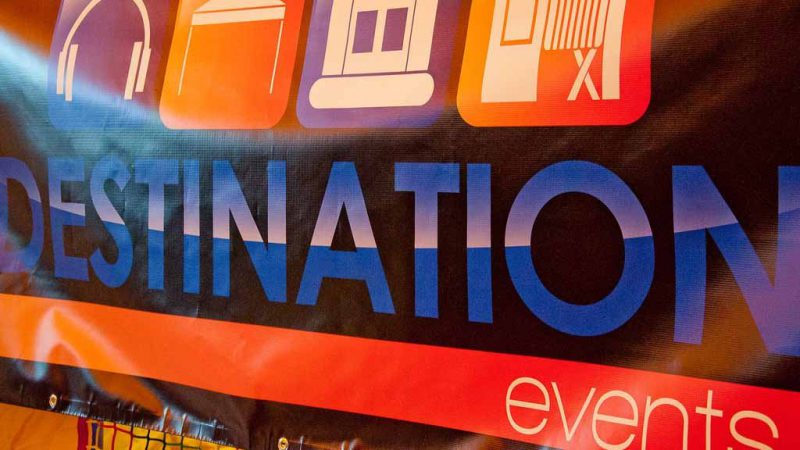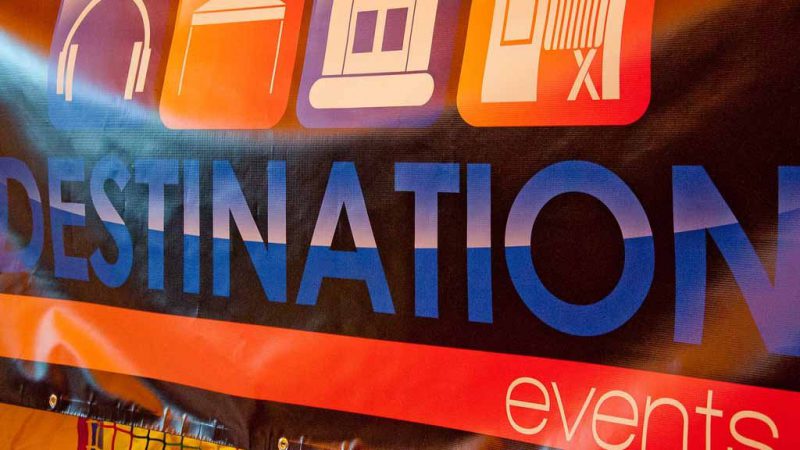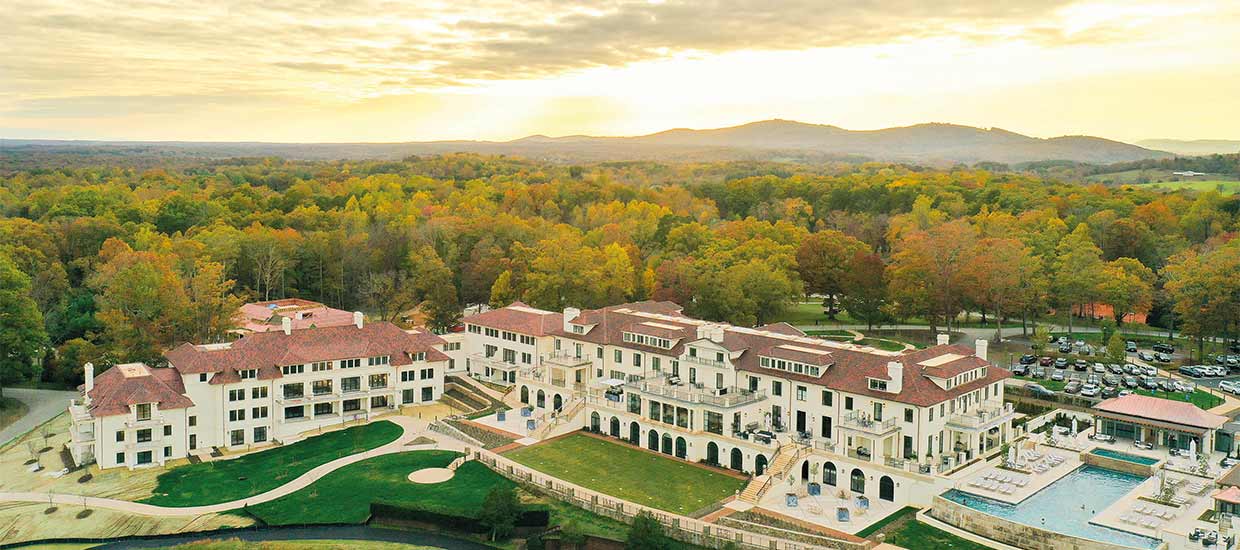Travel Destinations are Still in Shock
Those responsible for boosting tourism to their locales are waiting for the next shoe to drop in this pandemic
April 1, 2020


MMGY Travel Intelligence teamed up with the Destinations International Foundation, to create a benchmark series of bi-weekly surveys of North American destination professionals in a nuts and bolts way of taking the pulse of the travel industry through this current COVID-19 crisis.
The surveys track how this sector has been affected by COVID-19 and what shifts organizations are making during a period of very fluid change. Preliminary findings reveal that, in the span of about two weeks, the reverberations of the pandemic dramatically changed the sector’s outlook, operations and marketing spending.
The survey was conducted among employees of destination organizations representing U.S. cities, regions and states. Wave 1 of the survey was conducted March 4-8, 2020, and Wave II was conducted March 16-22, 2020. This study does not include U.S. consumers.
Wave II of the survey found more than 80 percent of destination organizations surveyed have reduced or postponed sales and marketing spend, and more than 60 percent have asked all employees to work from home.
In Wave I of the study, conducted in early March and prior to many of the COVID-19-related travel bans currently in place in North America, less than 20 percent had reported reducing or postponing marketing spend and a similar amount reported restricting domestic travel for employees. The majority of destination organizations are now reporting a strong expectation that coronavirus will have an extreme impact on their business over the next six months.
At present, the effects of COVID-19 are all-encompassing for this sector. The percentage of destinations reporting coronavirus-related postponements and/or cancellations of conferences, meetings or events surged from under 40 percent in Wave I to almost 100 percent in Wave II. The number of respondents receiving 20 or more COVID-19-related inquiries a day rose from 4 percent in Wave I to 30 percent in Wave II. These inquiries are primarily related to information about event cancellations and attraction closings, as well as business related functions such as conferences, conventions and business meetings.
“This is a rapidly evolving situation for our industry, and it’s important for destinations to make decisions based on facts and hard data as they begin to prepare recovery strategies,” said Craig Compagnone, Chief Operating Officer for MMGY Global. “While there is no precedent for this situation, we know that travel has spiked following previous crises, and data will help influence how destinations keep travelers and communities informed until travel restrictions are eased and bookings return.”
The survey also asked destination organizations about their preparedness planning. Data shows only 30 percent of respondents stated that their destination organization had a pandemic emergency plan in place prior to the COVID-19 outbreak. While this seems low, it is most likely because these organizations are relying on plans from state governments rather than developing their own.
“The crisis of right now is real for workers, owners and investors tied to the travel category,” MMGY Global CEO Clayton Reid said in post on on LinkedIn. “The hopeful among us, however, will recognize that this will be over relatively soon, and albeit difficult to see, perspective and future planning is now what is necessary.”
According to Reid, consumers will go through four phases throughout the coronavirus (COVID-19) pandemic: fear, understanding, action and rational behavior. Although we are still largely in the fear phase, he says the understanding and action phases are in their nascent stages; rational behavior will follow.
1. Travel sentiment, activity and spending will return more quickly than many have predicted.
2. Consumer behavior will shift in the short-term but not in a lasting way.
3. Marketing tactics will… well, basically, fall back into place.




